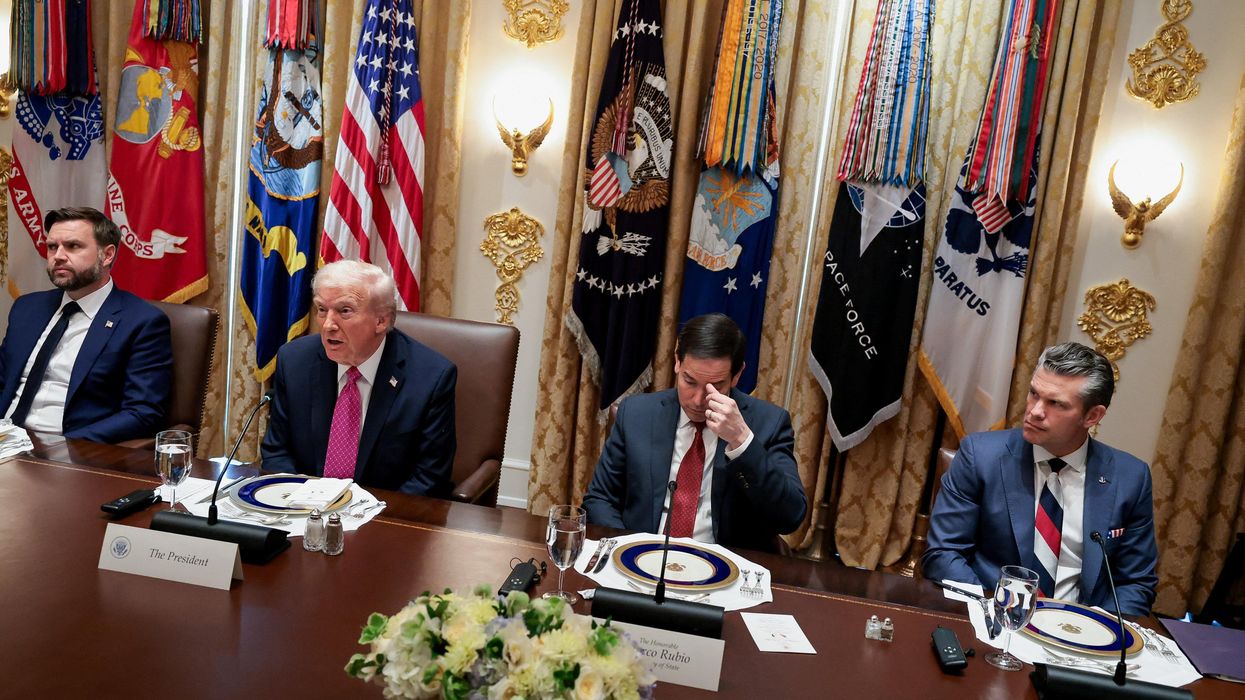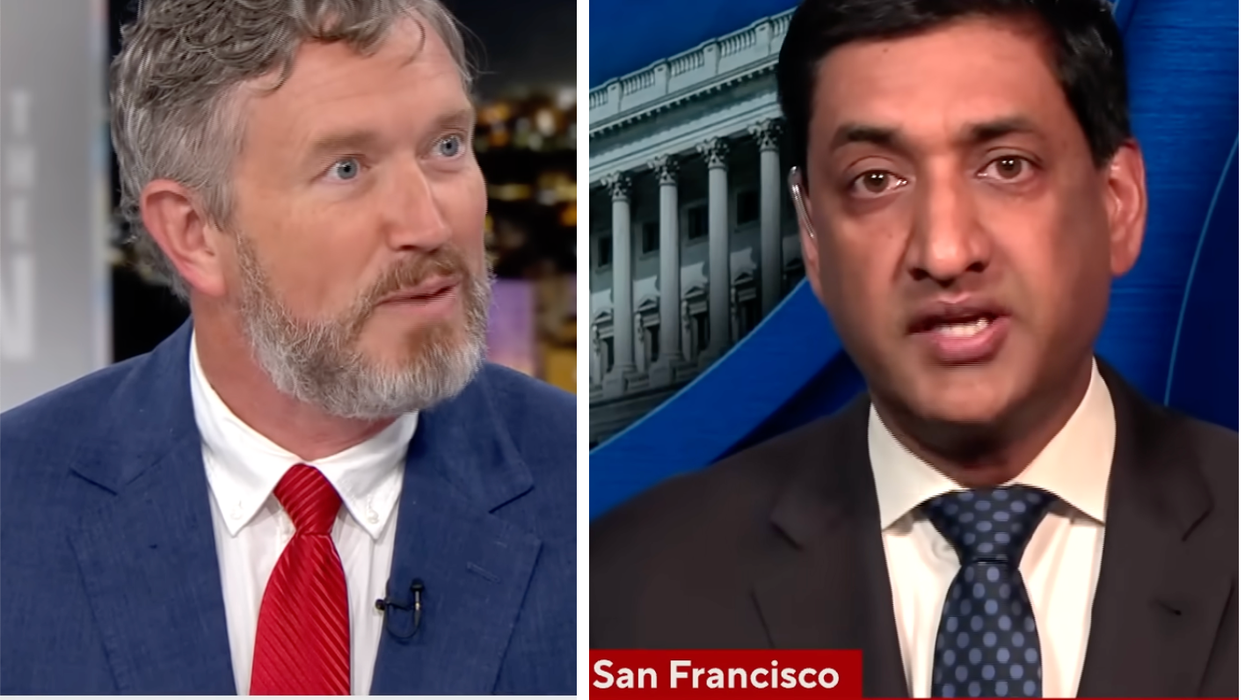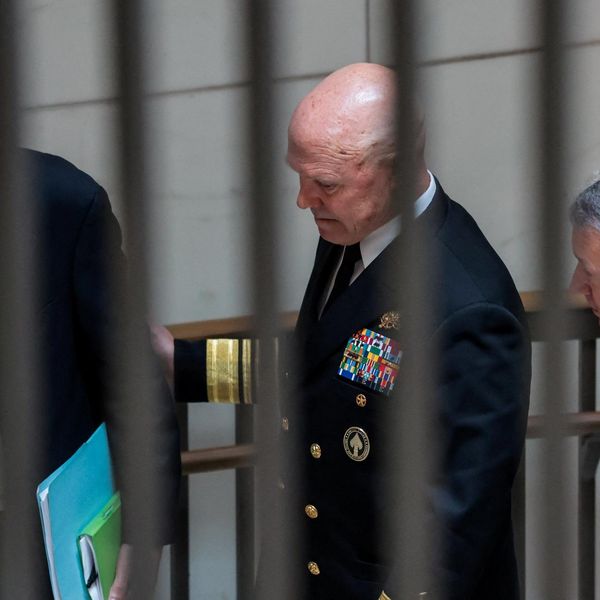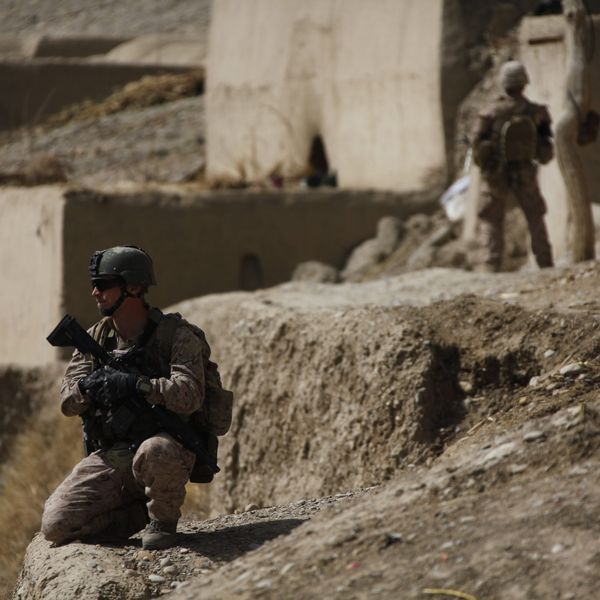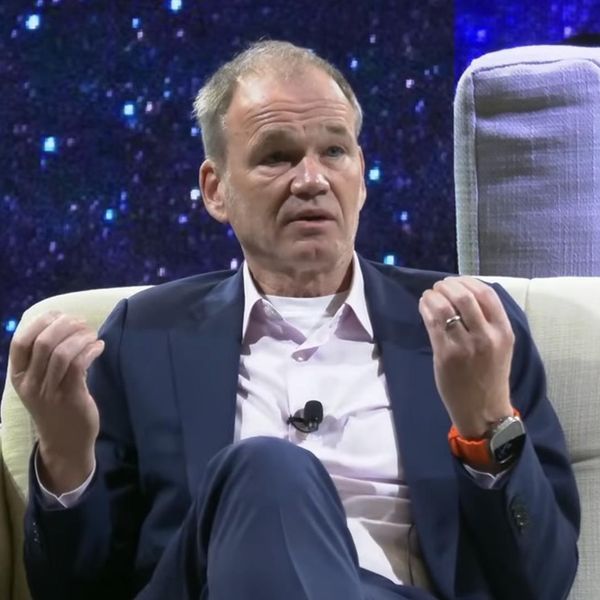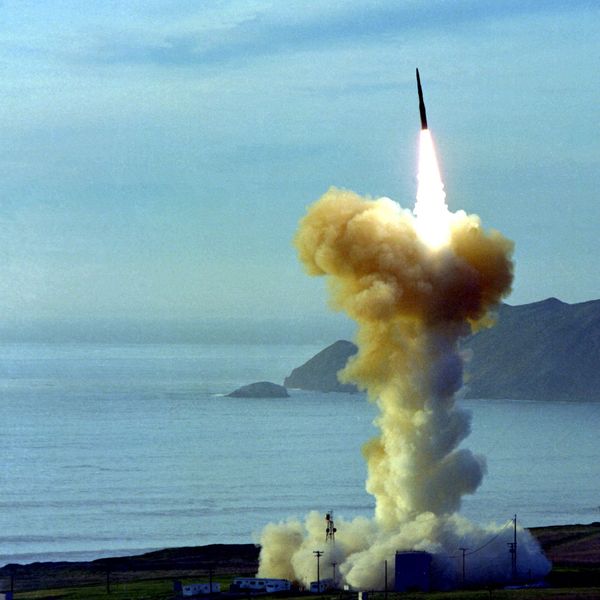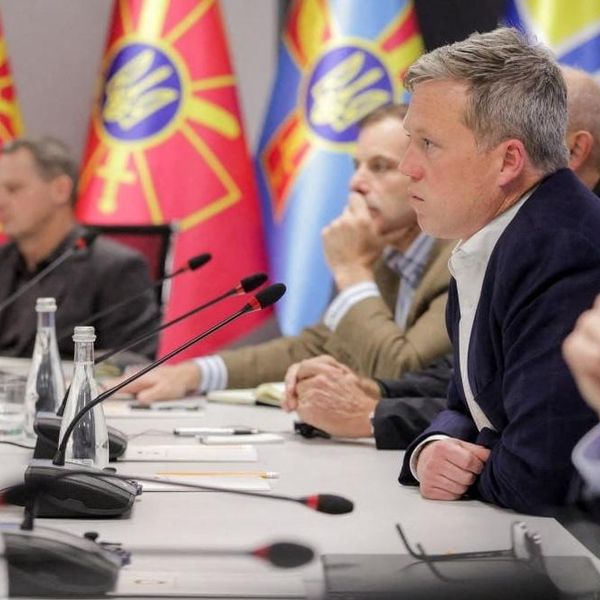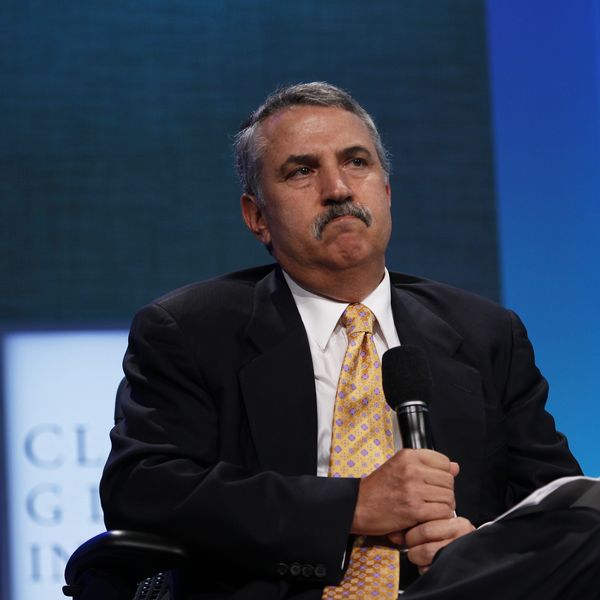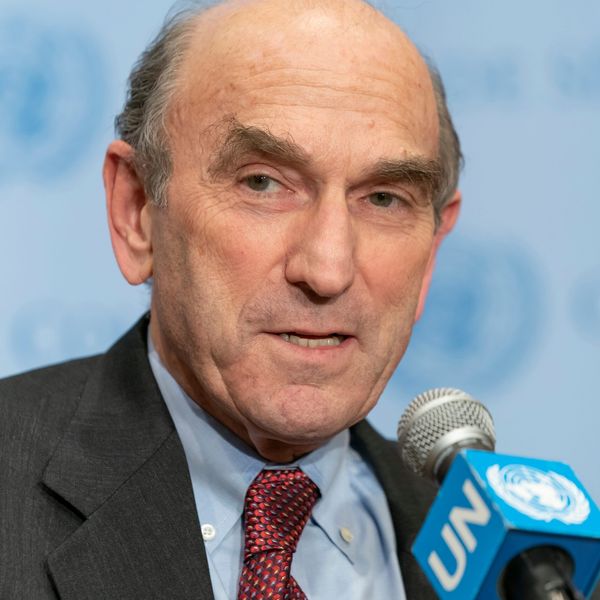An overwhelming majority of voting-age Americans support providing humanitarian and food aid to developing countries, but they are more divided along partisan lines on other forms of U.S. assistance to nations of the Global South, according to new poll results released by the Pew Research Center.
The findings come as the White House last week released a “skinny budget” that proposed a nearly 48% cut to total foreign aid, including a 40% reduction in humanitarian assistance, for next year and signaled its intent to rescind nearly half the current year’s aid budget appropriated by Congress but not yet spent.
If successful, the administration’s plans would amount to a roughly 84% reduction in total U.S. foreign aid. It will now be up to the GOP-dominated Congress to decide whether and how much to approve the administration’s plans.
The new poll found that large majorities of both Republicans and Democrats and independents support providing medical-related and basic human needs aid, such as food and clothing, to people in developing countries. But supporting economic development projects and pro-democracy initiatives garner far less support from Republicans or Republican-leaning Americans than their Democratic counterparts. Under the administration’s proposed budget, those programs would be largely eliminated.
Remarkably, providing weapons and related assistance to foreign militaries receives even less approval from Republicans and Republican-leaning respondents, while a slight majority of their Democratic counterparts are more supportive. Democrats have historically been more skeptical of supporting foreign militaries since World War II than Republicans.
The poll, which was carried out with the participation of 3,605 respondents during the last week of March, also found major partisan differences on the questions of how much the United should engage in problems overseas and to what extent it should take account of the interests of other countries in conducting international relations.
Two thirds of Republican or Republican-leaning respondents agreed with the proposition that “we should pay less attention to problems overseas and concentrate on problems here at home,” as opposed to “it’s best for the future of our country to be active in world affairs.” Sixty-two percent of Democratic or Democratic-leaning respondents chose the latter statement as best representing their views.
And more than four in Democratic or Democratic-leaning respondents (83%) said Washington should “take into account the interests of other countries, even if it means making compromises with them.” A small majority (52%) or Republicans opted for the alternative proposition: Washington should “follow its own interests even when other countries strongly disagree.”
The survey was conducted after the administration of President Donald Trump and its Department of Government Efficiency, or DOGE, announced the virtual elimination of the U.S. Agency for International Development (USAID) and its transfer to the Department of State.
In early March, Secretary of State Marco Rubio followed up by canceling more than 80 percent of all USAID contracts after finding that they “did not serve (and in some cases even harmed), the core national interests of the United States.” The administration also moved to eliminate or drastically cut back other aid programs previously administered by the State Department itself, as well as some Congressionally mandated and federally financed non-governmental organizations, such as the National Endowment for Democracy. Many of these actions have been challenged in court.
Breaking down the numbers
In fiscal 2023, the last year for which statistics are fully available, U.S. foreign aid totaled $71.9 billion, or 1.2% of the total federal budget. That amount was more on average than the previous seven years, primarily due to the amount of monetary support provided to Ukraine ($16.6 billion), then in its second year of war with Russia. Of the total, military aid administered by the State Department – other U.S. military aid is channeled through the Pentagon — came to $8.2 billion, more than half of which was earmarked for Israel, Egypt, and Jordan.
Of the remainder, most of which was administered by USAID, $15.6 billion went to disaster relief and other humanitarian aid; $12.1 billion went to the battle against HIV/AIDS and other diseases; $2.3 billion was devoted to democracy and rule-of-law promotion; and $2.9 billion to “multi-sector” programs.
The latest poll results show strong support across both parties for medical and “basic needs” assistance. More than nine in ten Democrats or Democratic-leaning respondents (91%) said they supported providing medical assistance, a position shared by nearly either eight in ten Republican or Republican-leaning counterparts (77%). Taken together, 83% of respondents supported such assistance.
Providing food and clothing registered similar levels of support – 89% among Democrats and Democratic-leaning respondents; 68% on the other side of the aisle. Combined, 78% of respondents said they support aid of this kind.
Other forms of aid revealed much greater partisan differences. On the question of economic development aid, eight in ten Democratic and Democratic-leaning respondents voiced their support, while only 46% of Republicans and those leaning Republican agreed.
Overall, 63% respondents favored providing development assistance. A similar breakdown applied to aid designed to “strengthen democracy.” In that case, 77% of the Democrat side said they supported it, while it had the support of only 45% of Republicans. Under the White House plan, however, those aid categories would be largely eliminated.
On support and aid to foreign militaries, just over half of Democrats and Democratic-leaners (51%) favored such assistance despite their history, particularly beginning in the late- and post-Vietnam era of the 1970s, of promoting legislation to condition such aid on human rights and related considerations. Only three in ten of their Republican or Republican-leaning counterparts favored providing “support and weapons to militaries in other countries.” Since the Russian invasion of Ukraine in February 2022, Republicans have generally been more skeptical of U.S. military aid to Kyiv than their colleagues across the aisle.
The poll found the least support (34% overall) for what it called support for “art and cultural activities in other countries.” While a majority of Democrats and Democratic-leaning respondents (54%) said they support such initiatives, a mere 15% of Republicans agreed.
The administration’s proposed 2026 budget would roughly cut in half total foreign-aid spending as a percentage of the total federal budget to nearly 0.6%. According to a poll of 1,160 adult respondents conducted by the University of Maryland’s Program for Public Consultation (PPC) in early February, solid majorities wanted to maintain or increase U.S. aid for humanitarian relief (56%), economic development (56%), global health (64%), education, the environment (65%), and democracy and human rights (60%) after being informed about those programs and assessing arguments both pro and con for each.
While a majority of Republicans surveyed in that poll favored cutting some programs, less than half of those supported either cutting them “somewhat,” a small percentage (11-20%) favored eliminating them.
“I would say the strongest message from the Pew survey – and the PPC survey – is that Americans of both parties are supportive of humanitarian aid and that there is no indication of a desire for a major reduction,” said Steven Kull, PPC’s long-time director who has polled American attitudes on foreign policy and related subjects for almost four decades. “Interestingly, this is the case even though Americans still grossly overestimate the amount of foreign aid the U.S. actually provides.”


